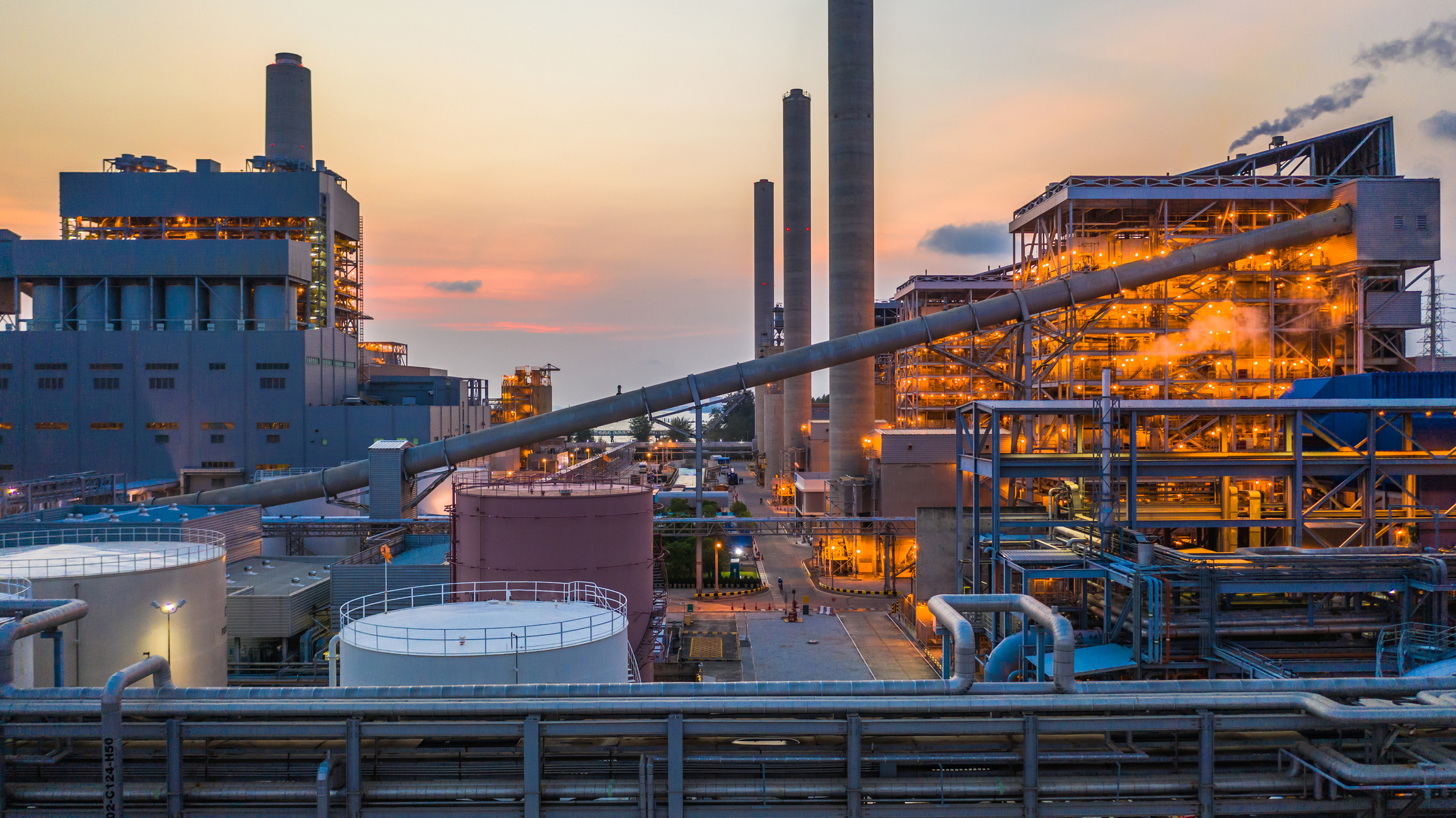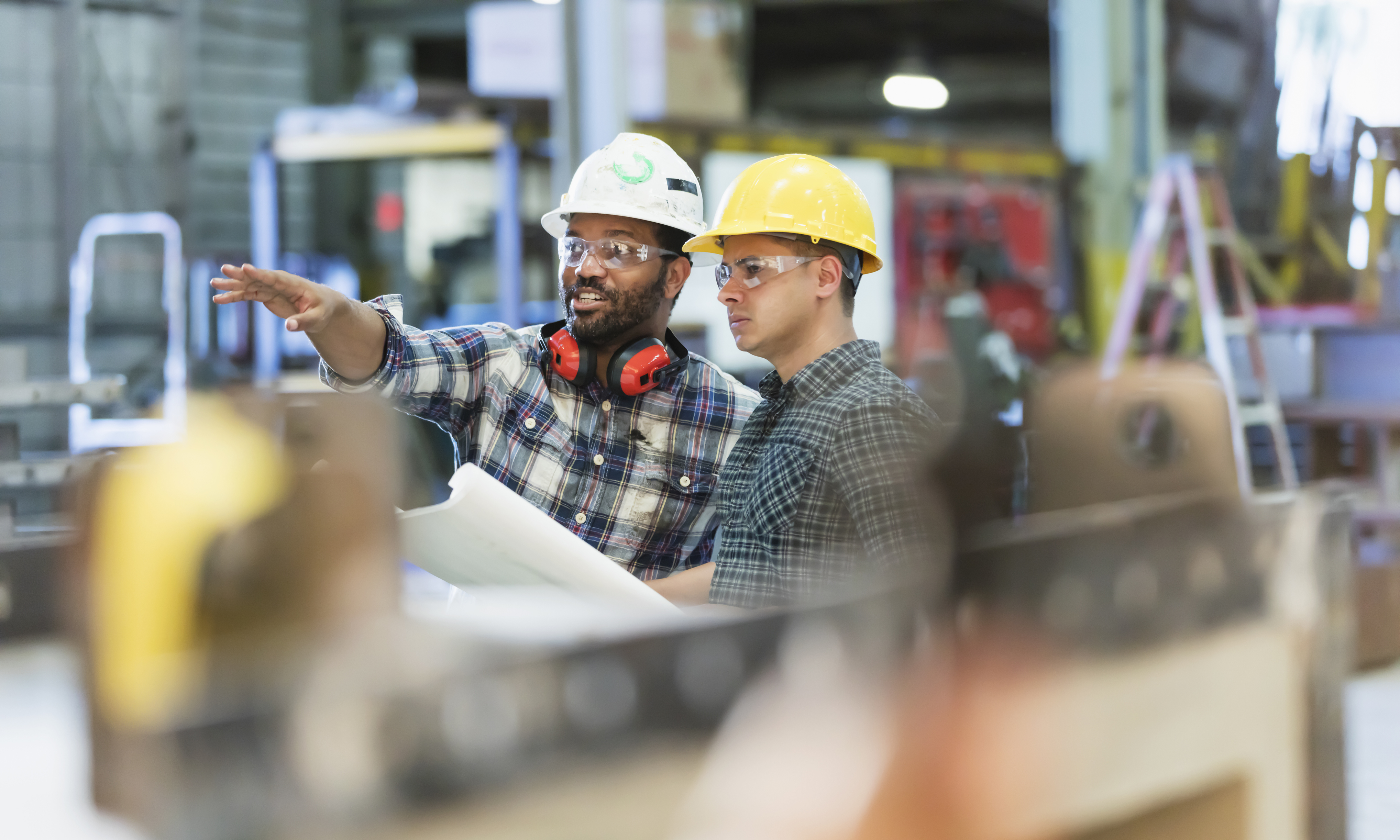
Buy Clean
Buy Clean is one of the simplest — yet most powerful — tools that governments have to put billions of dollars to work in supporting healthy communities and good jobs.
Many of us try to buy products that support our values, such as buying from companies that respect workers, reduce pollution, and invest in our communities. But what about our government’s purchases? When the government spends our tax dollars to buy steel and cement for bridges or glass for public buildings, are they supporting companies that align with these same values? Or are our tax dollars being handed to corporate polluters?
Buy Clean is a policy to ensure that government purchases — funded by our taxes — support pollution reduction, job creation, and greater equity. Buy Clean leverages the massive purchasing power of the government to push companies to reduce pollution throughout their supply chains while creating high-quality jobs for working families.
The Problem

The human toll of climate change, toxic pollution, and ecosystem destruction continues to mount, as wildfires and storms ravage our communities, industrial emissions cause cancer rates to soar, and soil degradation ruins harvests and drives farmers to suicide. The impacts of these crises fall disproportionately on low-income communities and communities of color, which are more likely to be poisoned by toxic pollution and have fewer resources to recover from economic shocks caused by environmental disasters. To tackle the interlocking crises of environmental destruction, economic insecurity, and racial inequity, we need powerful policy tools to build a healthier, more just economy.
For the United States — one of the world’s leading polluters — this is no small challenge. In the industrial sector alone, the U.S. emits more than 1.4 gigatons of climate pollution every year and imports manufactured goods with another 1.4 gigatons of embedded climate pollution. Beyond greenhouse gases, many industries generate highly toxic pollution that causes diseases like cancer and respiratory illnesses in communities near the fenceline of industrial plants. Today, people who breathe in industrial pollution are more likely to die from COVID-19. Communities of color are more likely to suffer from industrial pollution and its health impacts, due to decades of environmental racism.
While these problems must be solved through stronger environmental regulation and enforcement, another crucial part of the solution is to drive investment toward companies that use clean processes to produce goods and away from those that do not. Doing so can reduce pollution while also supporting good jobs, particularly in communities of color and low-income communities. That’s the goal of Buy Clean.
How Buy Clean Can Help

Each year, governments around the world purchase trillions of dollars of goods and services, from cement and steel to build bridges to food and cleaning services for schools. The U.S. alone spends nearly $2 trillion each year in local, state, and federal procurement (i.e., government purchasing) — nearly 10% of our gross domestic product.
Congress already has enacted laws to ensure that U.S. federal procurement supports companies that create local jobs and pay workers decent wages. However, no federal legislation exists yet to require government purchases to support companies that reduce pollution and invest in healthy communities. This is especially troubling given that some of the government’s largest purchases are for materials like cement and concrete — major inputs for infrastructure construction — that can be highly polluting.
However, states have already stepped up to tackle this challenge. In California, a broad coalition — including the Sierra Club, United Steelworkers, BlueGreen Alliance, and other business, labor, and environmental organizations — came together to win the enactment of a statewide Buy Clean law in 2017. California’s Buy Clean policy requires state agencies to purchase construction materials (e.g., steel, rebar, insulation, and glass) from manufacturers that have invested in cutting their greenhouse gas pollution. Similar initiatives are now brewing in states, as Buy Clean momentum grows across the country.
Now we need to scale up this momentum. To accelerate a nationwide transition to production processes that are healthy, climate-friendly, and sustainable, we need to push for a strong federal Buy Clean policy that includes the following components:
-
Transparency requirements. For each product that companies wish to sell to the U.S. government, they should be required to use tools like Environmental Product Declarations to disclose the emissions produced while making that product. These data should be verifiable and include emissions throughout the supply chain to ensure that companies are not outsourcing pollution and jobs to countries with weaker environmental standards.
-
A strong standard to curb pollution. To be able to sell goods to the U.S. government, companies should be required to meet strict limits on the emissions created to produce the goods. These limits should get stronger over time.
-
Investments in cleaner production. While purchasing from companies that meet strict pollution standards, the government also should invest in even cleaner production processes so that it can continually strengthen those standards.
-
Support for economic, environmental, and racial justice. To achieve even bigger cuts to pollution, the creation of dignified jobs, and greater racial and economic equity, a portion of government purchases should be set aside for companies that meet the highest standards. This includes slashing all forms of pollution, paying high wages, and investing in communities of color and low-income communities.
A federal Buy Clean policy will be a powerful instrument to ensure that billions of our tax dollars are used to fight climate change, support workers, and build healthy communities. Buy Clean offers a useful tool in our work to build a more just economy.